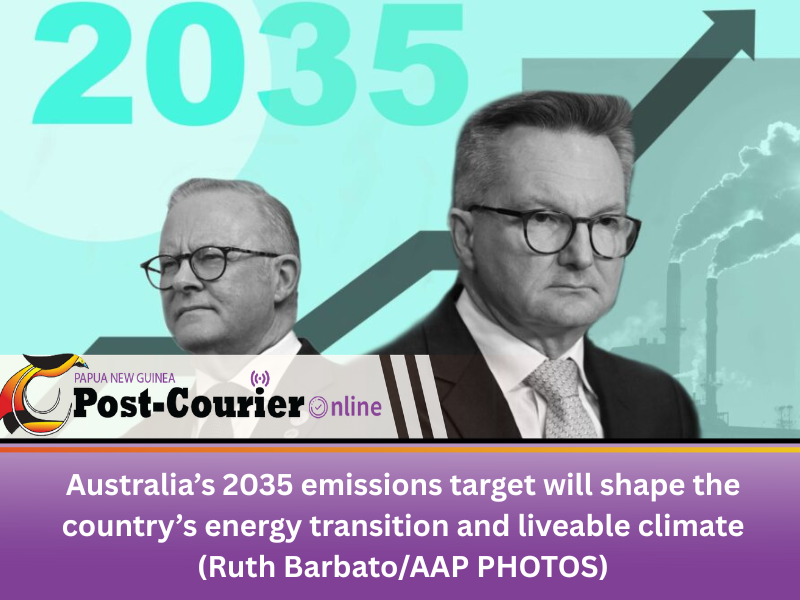By Frank Amponsah
Copyright thenewcrusadingguideonline

Ghana is taking steps to reduce emissions of methane, a colourless gas, that traps heat in the atmosphere, contributing to climate change from oil fields.
The steps include a significant reduction or elimination of routine gas flaring from oil fields by 2026, building a second gas plant to convert excess gas into usable energy, and ensuring that new oil fields put in place the planned mechanism not to flare gas as stipulated in the existing regulation.
The country is also exploring options with partners to use modern technologies to improve on its methane measurement.
By that action, the country will be significantly contributing to reducing methene emission, a key climate action under its national plans.
Madam Victoria Emeafa Hardcastle, Acting Chief Executive Officer of the Petroleum Commission, said this at a roundtable in Accra.
The meeting under the theme: “Changing Export Market Expectations Regarding Methane” was part of the on-going Africa Oil Week that seeks to facilitate strategic connections, foster dialogue, and drive deals and M&A across the African energy sector.
Madam Hardcastle said new methane rules, particularly the European Union (EU) Methane Regulation (EU 2024/1787), were redefining the dynamics of the petroleum business.
She explained that methane, a greenhouse gas with far higher warming potential than carbon dioxide, was now a central focus of climate action.
Madam Hardcastle noted that with the EU consuming more than 500 million tonnes of oil equivalent annually, most of it imported, exporters to the bloc must comply with methane emission measurement, reporting and verification standards.
“This development has added new requirements to crude oil exports, changing long-established expectations,” she noted adding that “For petroleum-producing developing countries, especially in Africa, these obligations come on top of funding constraints and the high cost of technology needed for direct measurement and reporting.”
Mr. Dan Grossman, an official of the Environmental Defense Fund (EDF), noted that while methane was a relatively new focus in global climate discussions, it was one of the most potent greenhouse gases, over 80 times stronger than carbon dioxide over a 20-year period.
He said early-stage oil and gas producers had a unique opportunity to design infrastructure and operational practices that minimize leaks and emissions, unlike older producers who face the challenge of retrofitting established systems.
“Leak detection and repair programmes, continuous monitoring and adopting best practices from the beginning are cheaper and easier to implement before operations become too complex,” he said.
Mr. Grossman added that global buyers, particularly in Europe, were beginning to use methane performance as a key criterion in deciding which gas to import, making emissions control a matter of market access as well as climate responsibility.
Madam Maria Olczak, a Research Fellow at Oxford Institute for Energy Studies, said the European Union was introducing regulations between 2025 and 2030 requiring exporters to demonstrate methane management.
“Compliance with these rules will be essential for African producers who want to keep or grow their market share in Europe,” she said.
Mr. Philip Torres, Senior Advisor with the Emerging Markets Investors’ Alliance, stressed that methane abatement was not only environmentally critical but also economically beneficial.
“At least half of abatement options are revenue-enhancing, and technologies to detect and reduce emissions already exist. Investors are paying close attention, methane performance is now a credit quality issue,” he said.
He explained that institutional investors were increasingly screening oil and gas companies for methane emissions before making investment decisions, and financing tools such as sustainability-linked bonds could reward companies that meet emissions targets with cheaper access to capital.
“Methane abatement is a win for the climate, a win for producers, and a win for economies that depend on export competitiveness,” Mr. Torres said.
Panelists urged African governments and national oil companies to join international frameworks such as the Oil and Gas Methane Partnership (OGMP 2.0), which provides reporting, verification, and technical support to reduce emissions. More than 40 per cent of global oil and gas production is already covered under the scheme.
They stressed that incorporating methane management into national regulations would not only improve transparency but also signal credibility to buyers and investors.



